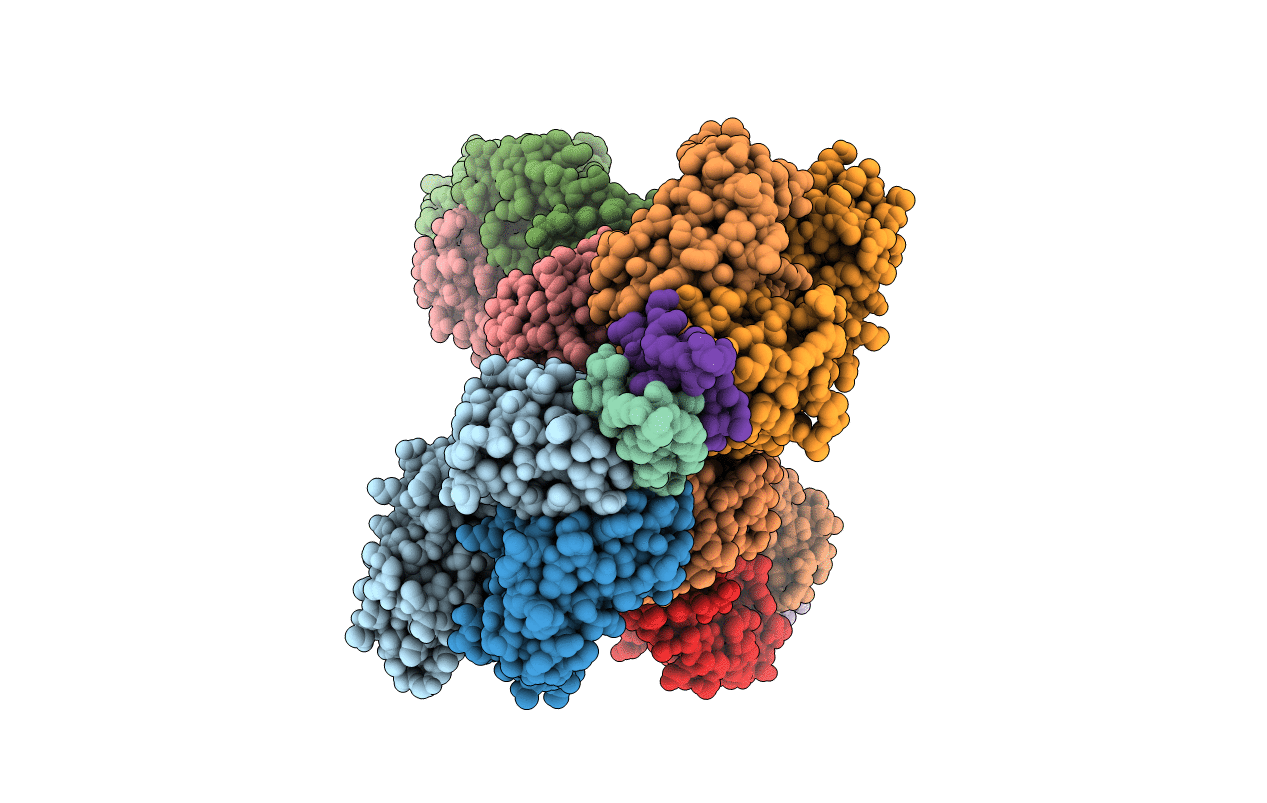
Deposition Date
2013-10-21
Release Date
2014-02-12
Last Version Date
2024-10-16
Entry Detail
PDB ID:
4N9G
Keywords:
Title:
Crystal Structure of a Computationally Designed RSV-Presenting Epitope Scaffold And Its Elicited Antibody 17HD9
Biological Source:
Source Organism(s):
Macaca mulatta (Taxon ID: 9544)
synthetic construct (Taxon ID: 32630)
synthetic construct (Taxon ID: 32630)
Expression System(s):
Method Details:
Experimental Method:
Resolution:
2.50 Å
R-Value Free:
0.29
R-Value Work:
0.26
R-Value Observed:
0.26
Space Group:
P 1


